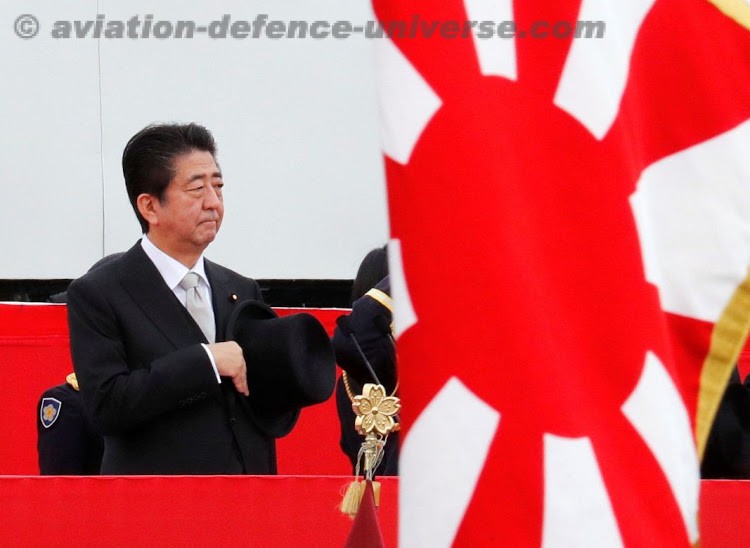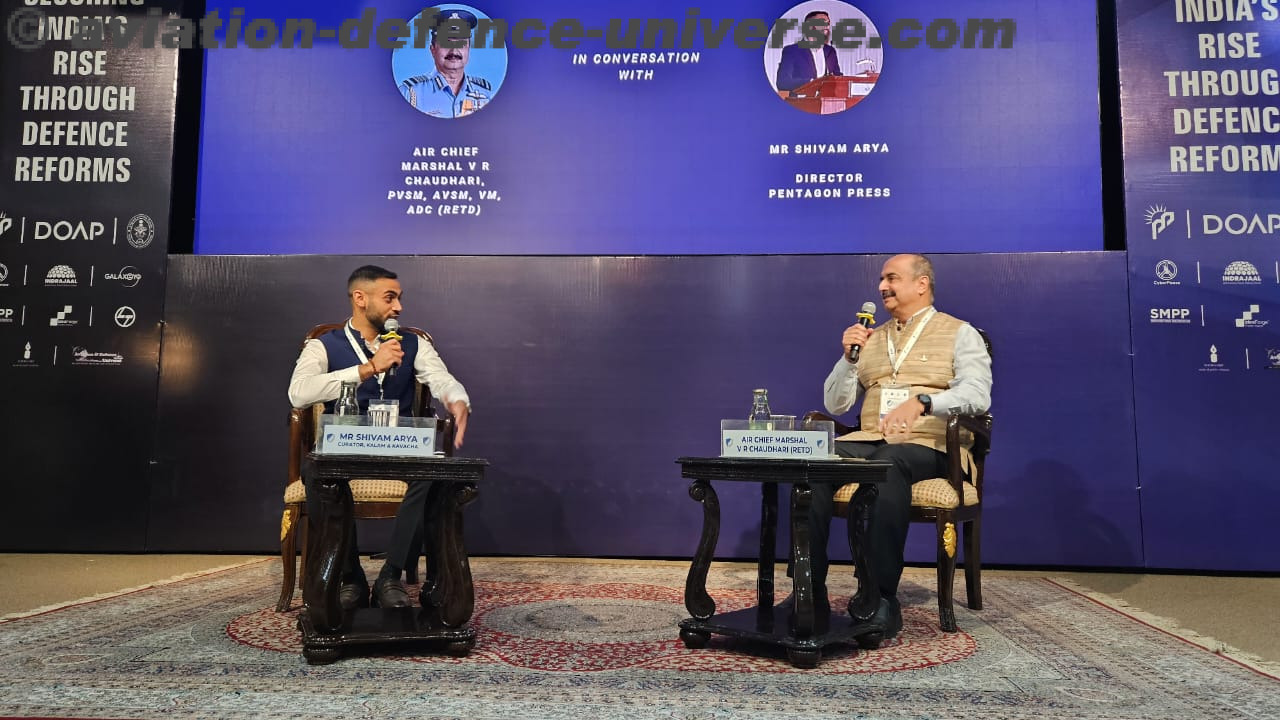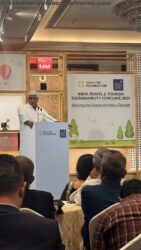By Suresh Somu

Bangkok. 23 December 2018. Here’s a regional defence analogy that sums up the famous liner: One man’s meat is the other man’s poison.
In recent days Japan has been flexing its muscles with an aggressive defence spending that, rather inevitably, drew strong criticisms from the region namely China and the two Koreas.
Japan Defence Minister Takeshi Iwaya stressed that the Chinese activity in the East and South China Seas have been gaining pace at an unbelievable speed. And with the security landscape that’s changing at phenomenal pace, Japan reviewed its own defence guidelines. And the move was not in breach of Japan’s post-war pacifist Constitution.
It does make you ponder: Isn’t a country allowed to beef its defence capabilities without antagonizing its regional partners? Or futile of a regional arms race?
Domestically, questions were also raised if Japan is buying what is really needed to strengthen its defence fort, or just dancing to the tunes of US President Donald Trump to forge a stronger alliance with the world super power nation.
Japan Prime Minister Sinzo Abe government approved a record five-year defence budget of 27.47 trillion yen (S$336.4 billion). The two Izumo-class helicopter destroyers will also be modified into the nation’s first aircraft carriers since World War II.
To put into perspective, from 2019 to 2024, according to Agence France-Presse, heavyweight Japan will be adding two units of Aegis Ashore systems, three Surface-to-ship guided missiles, five medium-range surface-to-air guided missiles, 29 armoured vehicles, 30 tanks, 134 mobile combat vehicles, 10 destroyers, five submarines, 45 F-35 stealth fighter jets, 9 early warning aircrafts and 1 drone.
Standpoint of China and Koreas
China’s Foreign Ministry has strongly opposed Japan’s National
Defense Program Guidelines and five-year defense program approved by the
Cabinet.
The plans say China has been rapidly enhancing its military force,
particularly at sea and in the air. They call for refurbishing the destroyer
Izumo over the next five years so it can effectively function as an aircraft
carrier. They also call for installing state-of-the-art F-35B stealth fighter
jets on the vessel.
Japan has citied Chinese military assertiveness as a threat – a claim that Chinese foreign ministry spokesman Hua Chun Ying said was baseless. While Hua slammed Japan for playing up the China threat theory, the fact remains that China has gone leap and bound as far as militarization is concerned.
And in raising this action could place a strain on China-Japan relations that further impedes on improvement and development of bilateral relations between the two nations. According to Hua, Japan’s actions in military security has also greatly troubled its Asian neighbours and the international community.
However, Dr Qian Feng, a research fellow at Tsinghua University’s National Strategy Institute, takes a different standpoint. He feels that its imperative for China to watch what Japan does than what it says. And improving one’s defence budget for a new generation of weapons and equipment is reasonable, he added.
In Seoul, South Korean Foreign Ministry spokesman Noh Kyu-duk said Japan’s policies should be enforced under the framework of its pacifist Constitution.
Two North Korean newspapers weighed in, too. The Minju Joson said Japan was “going to betray its true colours as a militarist basilisk” while Rodong Sinmun called Japan’s exclusive defence principle “phoney” for being a smoke-screen to beef up its military muscles.
Japan economic woes
About 230 Japanese academics and lawyers issued a joint statement to strongly protest on Japan’s defence spending as areas like the social spending suffer cut backs. Japan’s fiscal debt of 196 per cent its gross domestic product is the worst in the world.
However, Prime Minister Abe remains unfazed as he had campaigned for years to amend Japan’s pacifist constitution, arguing that it ties the hands of the country’s Self-Defense Forces (SDF) even in protecting the country’s allies from attack. And now that he has the approval, there is no backing down from Japan as it appears the outcries from China and the two Koreas seems to fall on deaf ears of Abe.
United States Vice President Joe Biden said earlier in December that China’s move had “caused significant apprehension in the region,” and urged President Xi Jinping to “take steps to lower tensions.” He said the US would stand by Japan in the row. And with Japan shopping list, President Trump may well have the last laugh. Indeed, there’s a smile on his face with Japan’s spending in acquiring US defence systems.




























































































































